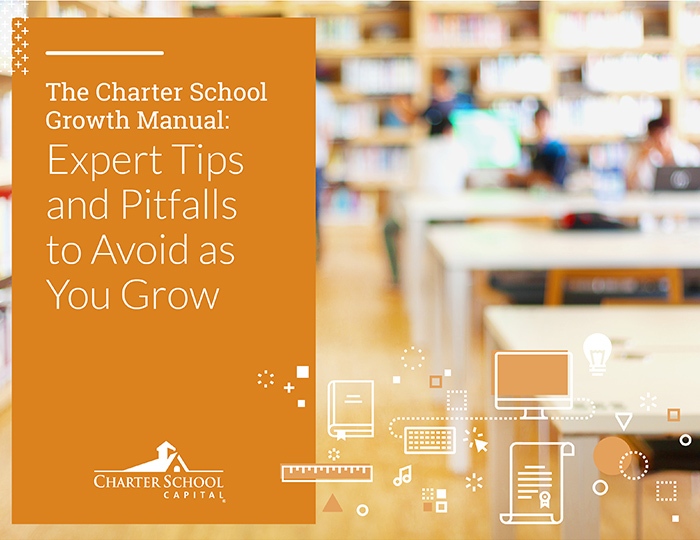
We hope these six start-up tips help guide your team to learn from others, stay focused, build relationships, mind your budget, and stay on mission— all to spur growth and long-term success.
1. STUDY AND MEET WITH SCHOOLS THAT ARE DOING THINGS WELL
How are other schools helping their students achieve academic success? Are there ways to adapt those tactics to your curriculum? You can learn a lot from those who have already walked the path, so it’s always a good idea to connect and maintain positive relationships with other educators.
2. MASTER A FEW THINGS AND DO THEM REALLY WELL
Don’t try to be a master of everything—it’s impossible. Have a strong outline of the implementation plan proposed in your charter petition. What are your goals for the first few years? It’s better to have a plan and be straightforward about incremental goals than to promise a lot of things and to fail to deliver.
3. BUILD GENUINE AND ROBUST RELATIONSHIPS
Build real relationships with parents, teachers, leaders, vendors, and external constituents. Never create enemies. Always be honest and genuine, even with your detractors. Foster strong relationships with your vendors and even with businesses that could become your vendors later on. You’ll have emergencies and may need things you hadn’t planned on in a hurry. Vendors will be more likely to come through in a pinch if they already feel a personal connection with your school.
4. PAY CLOSE ATTENTION TO THE BUDGET
As needs change and shift, review the budget and make sure it aligns with your goals. Always prepare for the unexpected and have a plan for dealing with surprise cash flow issues. Build a solid relationship with your financial partners; treat your budget as a living document; and know how you’ll pay for everything. Above all: never miss payroll.
5. PAY EVEN CLOSER ATTENTION TO STUDENT PROGRESS DATA
Everyone will want to see your student data, but you may not have much of it at the beginning. Think about the data you do have and how you can report it in the most compelling, meaningful way possible. In addition to the metrics you track to maintain your charter and to report to regulators, find out what’s meaningful to parents and report that out: attendance, time-to-completion, classroom hours, pages read, math problems solved, miles run. Make sure to share the data with students, too.
6. DO NOT WAVER IN YOUR BELIEF OR YOUR MISSION
You will encounter people who will try to convince you to change your mission to suit their needs. You can’t please everyone. Your mission should serve as your guideposts when you’re faced with tough decisions; they absolutely shouldn’t be the thing you modify when faced with a tough decision.
To download this information in PDF format, please click here.
 The Charter School Growth Manual
The Charter School Growth Manual
Whether you’re just beginning the process of starting up a charter school, looking to expand, or trying to prioritize your next steps, download this guide to get expert tips and pitfalls to avoid as you grow.
For this charter school resource guide, we turned to our wide network of charter school experts for best practices and strategies for success at every stage of maturity. All of the advice in this book comes from experienced charter school leaders who have been where you are now—they understand what you’re facing and the pitfalls to avoid.